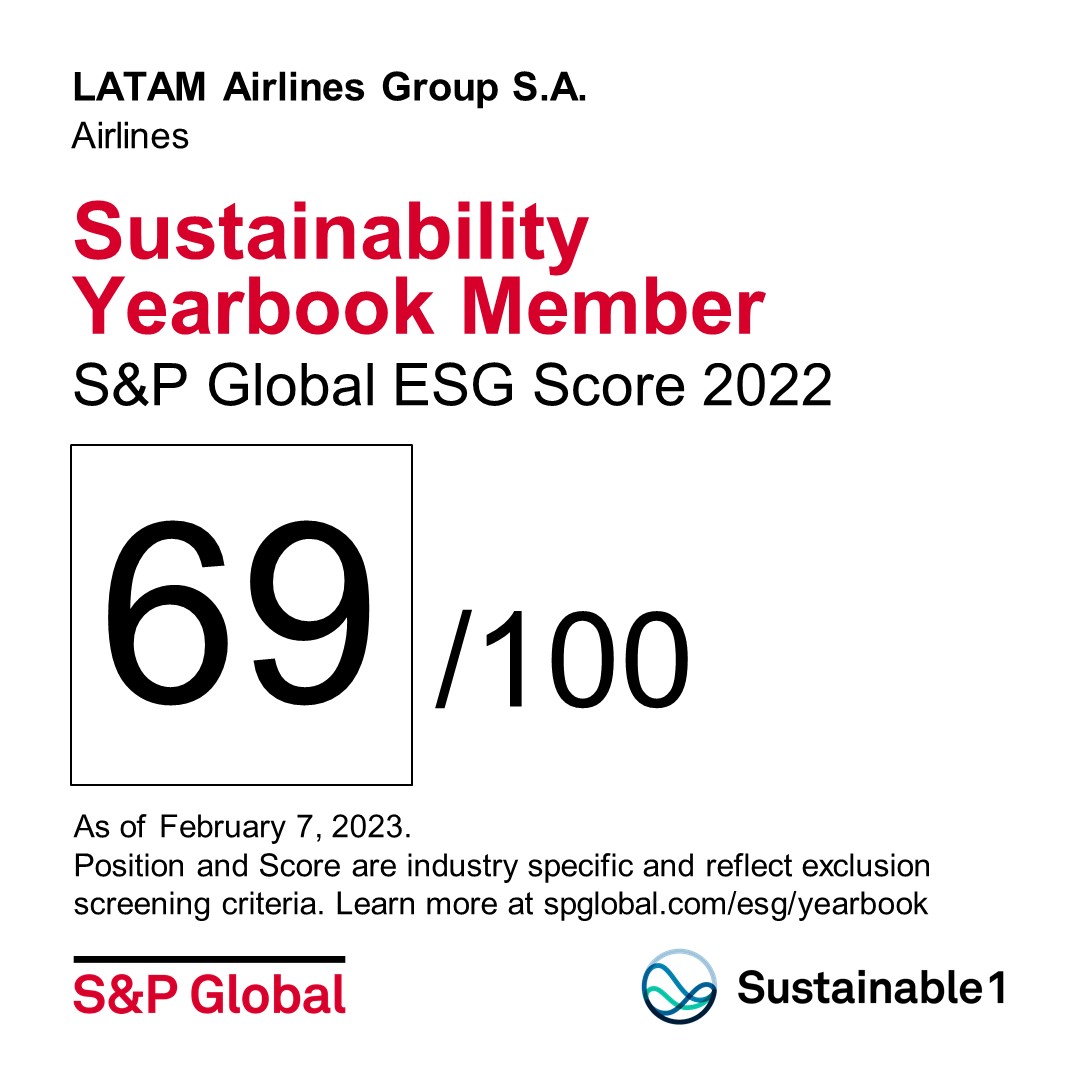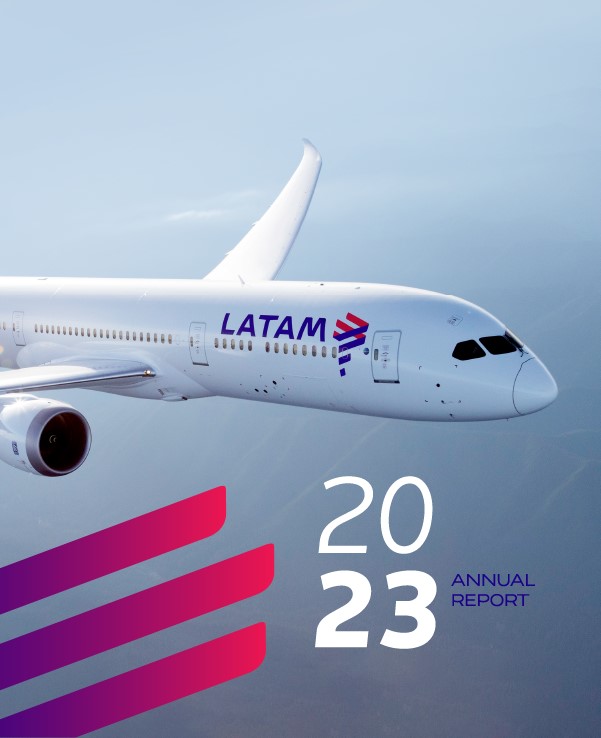Sustainability
Sustainability Tab
With the commitment to be an increasingly sustainable company, LATAM group has developed a strategy based on three pillars: Climate Change, Circular Economy and Shared Value, which allows it to be an actor that promotes social, environmental and economic development in the places where it operates.
All decisions and actions taken by the group are aligned with the UN Sustainable Development Goals (SDGs), thus contributing to the protection of the planet, its ecosystems, biodiversity and the well-being of communities, with concern for both economic and financial soundness in the long term.
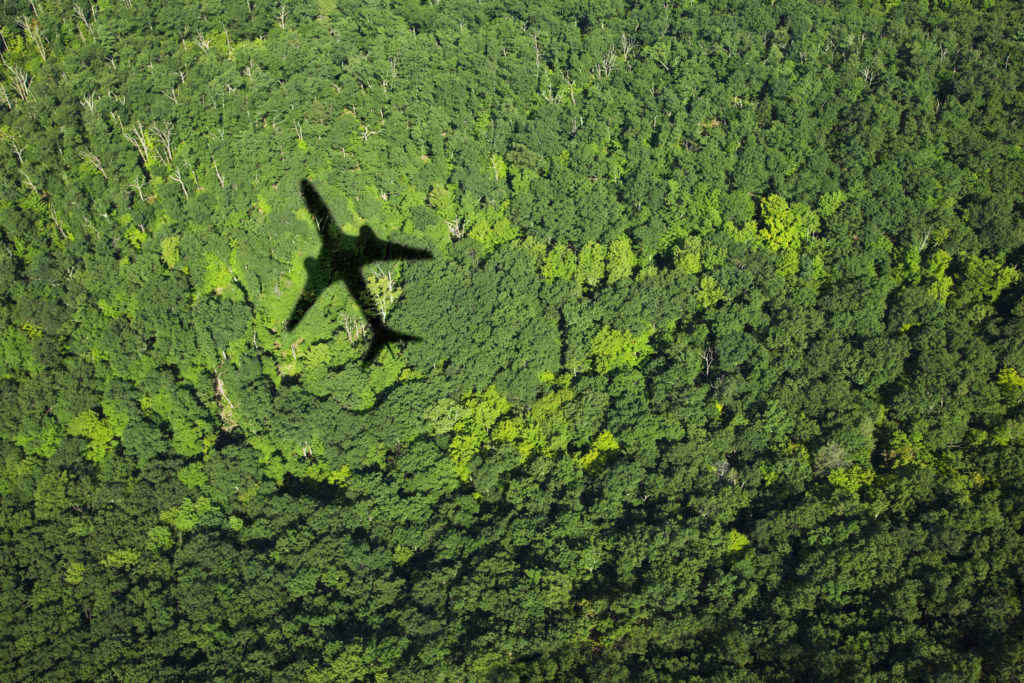
2023: Elimination of single-use plastics
2027: Be a zero-waste-to-landfill group
2030: Reduce or offset the equivalent of 50% of domestic emissions
2050: Become a carbon neutral group
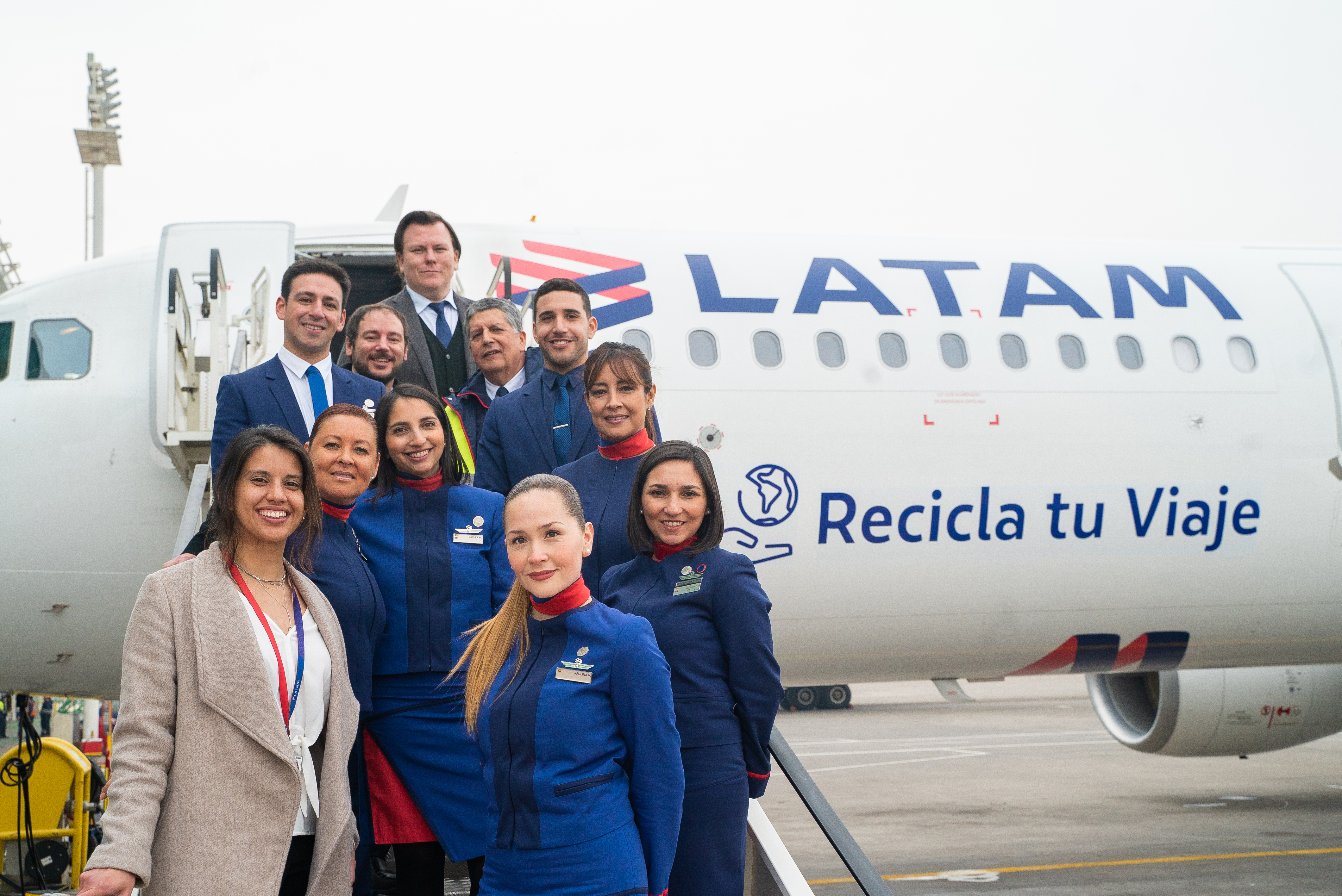
As part of a sectoral agreement, the Group subscribed to become carbon neutral by 2050 thanks to the agreement approved at IATA's 77th Annual General Meeting, reducing or offsetting the equivalent to 50% of its domestic emissions by 2030. To achieve this, the Group developed a climate change strategy:
LATAM continues to work to migrate from a linear economy to a circular model, with a commitment to eliminate single-use plastics by 2023 and become a zero-waste-to-landfill group by 2027.
LATAM's objective is to generate a more solid shared value structure, focused on profound and long-term changes, that is, to be a company that promotes economic, social and environmental development in the communities where it operates. This is why the Avión Solidario program was created. This is a program that allows the company to make itself available to the region and, in a collaborative manner, provide free support with the transfer of cargo and passengers in the event of health, environmental and natural catastrophes.
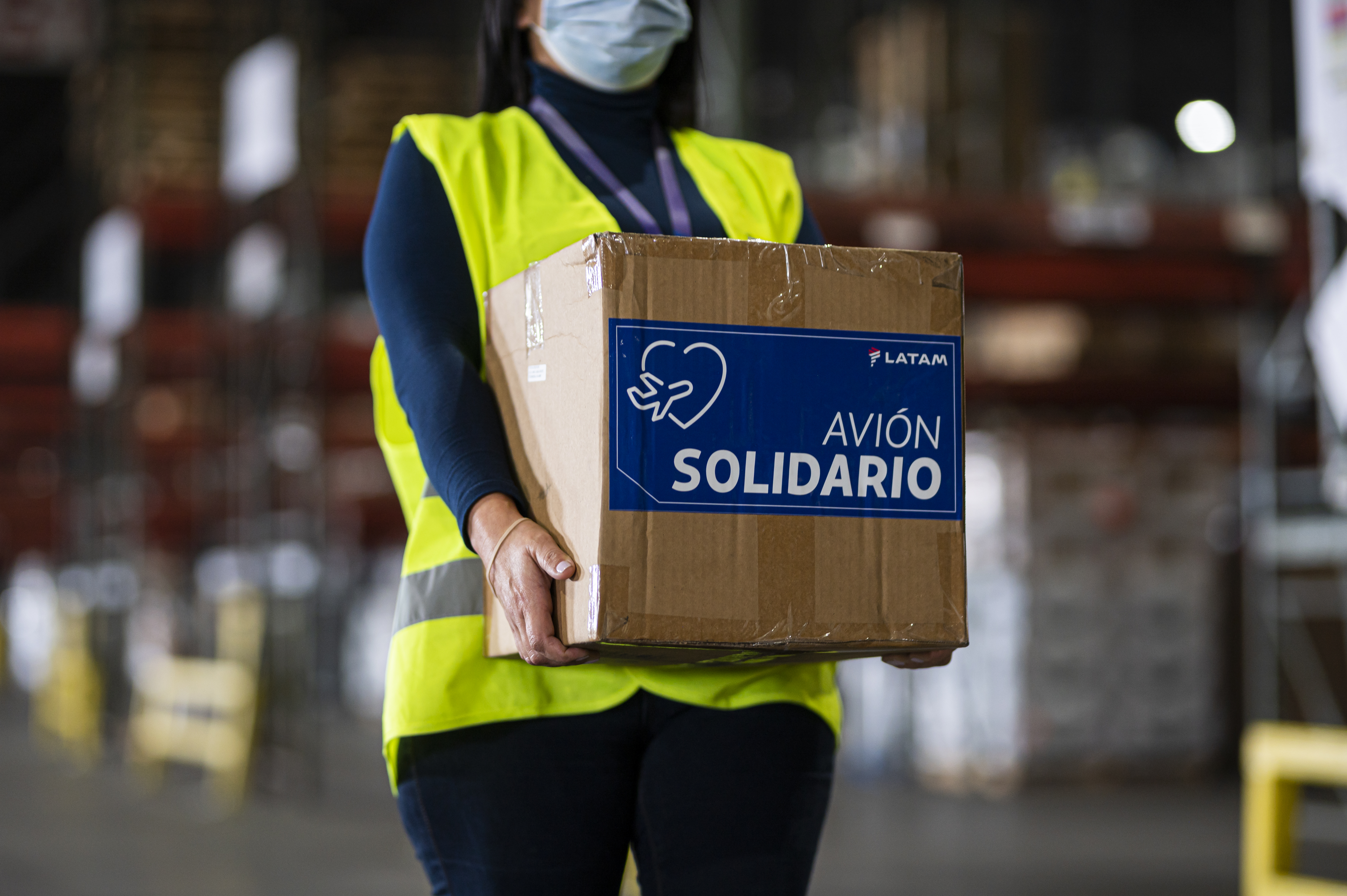

Following the S&P Corporate Sustainability Assessment, LATAM was recognized as the most sustainable airline in the region and the fifth most sustainable worldwide, maintaining its position as one of the best sustainability performers in the industry.
